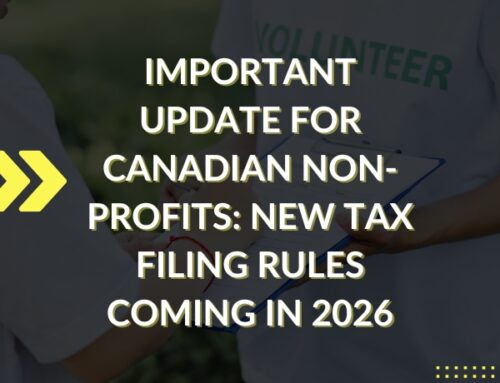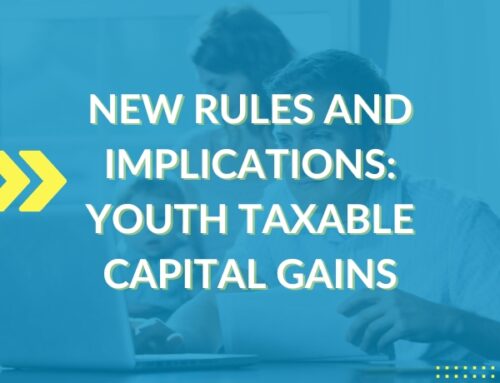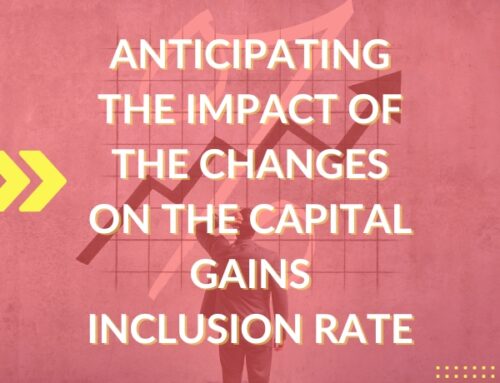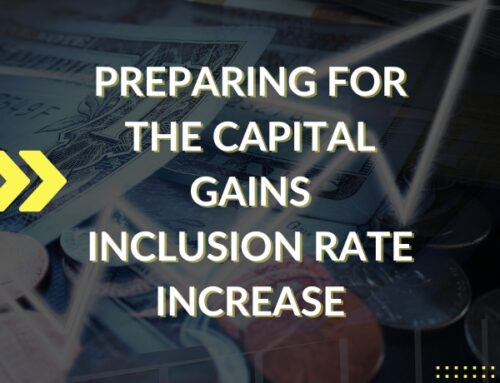— February 18, 2025 —
It may be difficult these days for Canadians to find positive things to say about the Trump administration. However, one unexpected benefit of the new U.S. president is that he is running interference for Canadian CPAs in public practice and industry. Of the 11 press releases issued by the Department of Finance Canada since the beginning of January 2025, eight have been trade-related. This means only three news releases have focused on tax matters. Below is a summary of these recent tax-related developments.
- Deferral of Capital Gains Inclusion Rate Change
In a significant development, the federal government announced a deferral in the implementation of the change to the capital gains inclusion rate on January 31, 2025. Originally set to take effect on June 25, 2024, the increase in the inclusion rate from one-half to two-thirds is now deferred to January 1, 2026. This change affects capital gains realized annually above $250,000 by individuals and all capital gains realized by corporations and most types of trusts. The deferral provides temporary relief for taxpayers who would have otherwise faced an increased tax burden on capital gains.
To ensure that most middle-class Canadians do not pay more tax once the inclusion rate increases, the government plans to maintain or enhance existing capital gains exemptions and introduce a new investment incentive:
-
- Principal Residence Exemption: Canadians will continue to be exempt from capital gains taxes when selling their primary home.
- $250,000 Annual Threshold: Effective January 1, 2026, individuals can realize up to $250,000 in capital gains annually at the current one-half inclusion rate. For example, a couple selling a secondary property with a $500,000 capital gain would not face additional taxes due to this threshold.
- Lifetime Capital Gains Exemption Increase: Starting June 25, 2024, the exemption will rise to $1.25 million from the current $1,016,836 for the sale of small business shares and farming and fishing properties. This adjustment aims to benefit Canadians with eligible capital gains below $2.25 million, ensuring they pay less tax even after the inclusion rate increases in 2026.
- Canadian Entrepreneurs’ Incentive: Beginning in the 2025 tax year, this new incentive reduces the inclusion rate to one-third on a lifetime maximum of $2 million in eligible capital gains. The maximum will increase by $400,000 annually, reaching $2 million in 2029. Combined with the increased Lifetime Capital Gains Exemption, entrepreneurs could pay less tax on capital gains up to $6.25 million.
In a related development, the CRA announced that it will grant relief in respect of late-filing penalties and arrears interest until June 2, 2025, for impacted T1 Individual filers and until May 1, 2025, for impacted T3 Trust filers to provide additional time for taxpayers reporting capital dispositions to meet their tax filing obligations.
For Canadian CPAs, the deferral of the implementation of the change to the capital gains inclusion rate offers an opportunity to reassess tax planning strategies for clients, considering the extended timeline and upcoming incentives.
- Extension of the 2024 Charitable Donations Deadline
On January 23, 2025, the Department of Finance Canada released draft legislation to extend the deadline for making charitable donations eligible for tax support in the 2024 tax year to February 28, 2025. This extension aims to provide donors with additional flexibility, especially in light of recent Canada Post mail stoppages that may have delayed contributions.
Key details include:
-
- Eligible Donations: Individuals, graduated rate estates, and corporations can claim the eligible amount of certain gifts made to registered charities or other qualified donees up to February 28, 2025, on their 2024 tax returns. The donations must be in the form of cash or transferred via cheque, credit card, money order, or electronic payment.
- Exclusions: Gifts made through payroll deductions or by an individual’s will (if the individual died after 2024) are not eligible for this extension.
- Claim Options: If donors choose not to claim these gifts on their 2024 tax returns, they can still claim the amounts on their 2025 returns or carry them forward to future years.
This measure encourages continued charitable giving by providing taxpayers with ample time to make and process their donations, ensuring that charities can maintain their vital services to communities.
- Pre-Budget Consultations Launched
On February 14, 2025, the Government of Canada opened pre-budget consultations, seeking input from Canadians on economic priorities ahead of the 2025 federal budget. This is an opportunity for professionals, including CPAs, to provide feedback on tax policy, business incentives, and fiscal planning. Historically, such consultations have led to modifications in tax proposals based on industry concerns, making it worthwhile for accounting professionals to monitor and contribute where possible. If you thought the last economic statement was a spectacle, brace yourself—this next budget promises even more drama. Maybe it’s time for Netflix to produce Ottawa: The Budget Chronicles, a political thriller where deficits climb, policies change overnight, and fiscal surprises keep everyone on the edge of their seats.
Trade-Related News for CPAs in Industry
While the majority of recent Department of Finance Canada updates focus on trade policy rather than tax, CPAs in industry may want to review the Department’s statements on Canada’s tariff-related response to U.S. tariffs. These measures could have material implications for supply chain costs, business expenditures, and overall economic conditions.
For a full list of recent trade-related news releases, click here.
Upcoming Course on Clearance Certificates from AJAG Academy
For those advising clients on tax and estate matters, an upcoming course from the AJAG Academy will focus on Clearance certificates. Refresh your knowledge or get introduced to clearance certificates under the Income Tax Act (ITA) and Excise Tax Act (ETA)—when they’re required, how to apply, and the risks of distributing assets without one. More details will be available soon. For all other courses, visit our full course listing here.






